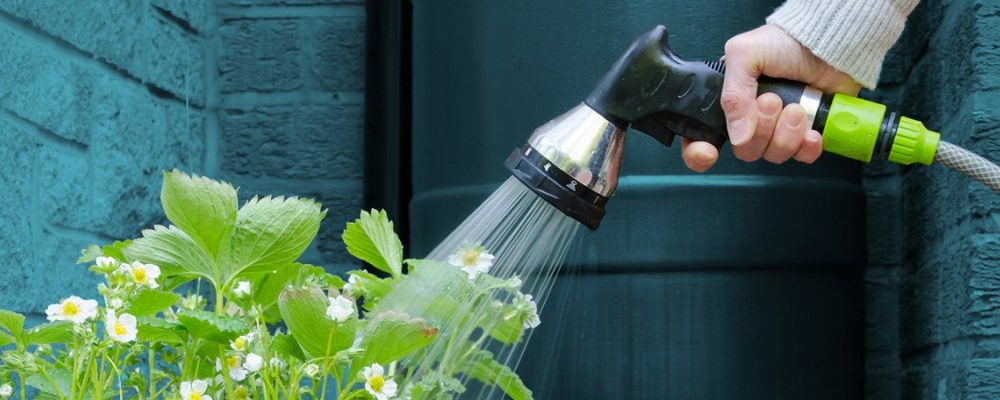Learning to use water responsibly at home is essential to ensure its long-term availability. Water is a vital resource in our daily lives. Not only do we need it to stay hydrated, but we also use it for cleaning, watering our plants, and many other household activities.
Since the water supply is limited, it is important to optimize its use at home to conserve this valuable resource and protect the environment.
In this article, we will provide practical tips to optimize water usage in your home.
1. Install water-saving devices
An effective and simple way to optimize water usage at home is to install water-saving devices. These devices are designed to reduce the amount of water used without compromising their proper functioning.
For example, you can consider installing low-flow showerheads that reduce water flow without affecting water pressure, allowing you to save water during each shower. Another useful device is a low-capacity faucet, which comes equipped with aerators to mix air with water and reduce flow without affecting the quality of the stream.
2. Repair water leaks
It is important to fix water leaks in the home to optimize water usage and prevent unnecessary wastage. Even a small leak can be responsible for significant water loss over time. To identify and repair leaks, it is important to be vigilant for any signs of moisture or dripping in faucets, toilets, pipes, or other fixtures.
Once you have identified a leak, immediate action is necessary to repair it. If it is a dripping faucet, it may simply require replacing a worn-out washer or a faulty seal. If it is a leak in a pipe, it may be necessary to shut off the water supply and call a plumber to properly repair it.
3. Reuse water
Undoubtedly, an effective and mindful way to optimize water usage at home is to reuse it for different activities. There are various ways to reuse water and reduce wastage. For example, a simple option is to collect shower water while waiting for it to heat up and use it for watering plants or household cleaning.
Another form of reuse is to utilize the water from dishwashing or laundry. Instead of simply discarding it, you can use it for cleaning tasks like mopping the floor or watering the garden. Additionally, you can install a rainwater collection system to reuse it for irrigation purposes. Rain is a free and natural source of water that can be utilized without jeopardizing the supply of potable water.
4. Adopt responsible water usage practices
To optimize water usage at home, it is crucial to adopt responsible practices that help us use this resource efficiently. There are several simple actions we can implement in our daily routines to achieve this. For example, turning off the faucet while brushing our teeth or lathering our hands can save a significant amount of water.
Additionally, it is important to be mindful of the amount of water we use in our daily activities. Being more diligent when watering our plants, choosing the watering option during hours of lower evaporation, will allow us to reduce the amount of water lost.
5. Cultivate a smart garden
Cultivating a smart garden is an excellent way to optimize water usage at home. There are several techniques and practices you can implement to maximize efficiency in watering your plants and minimize water waste.
Consider using native or climate-adapted plants in your garden. These plants are accustomed to local conditions and require less water to survive. By choosing plants suitable for your climate, you will significantly reduce the need for watering. Additionally, you can apply mulch around the plants. Mulch is a protective layer of organic material placed on the soil.
Conclusion
Optimizing water usage at home is crucial for conserving this vital resource and protecting the environment. By installing water-saving devices, fixing leaks, reusing water, adopting responsible usage practices, and implementing smart gardening techniques, we can make a significant difference in water conservation.
Remember that even small changes in our daily habits can have a big impact in the long run. Let’s do our part and take care of water!





